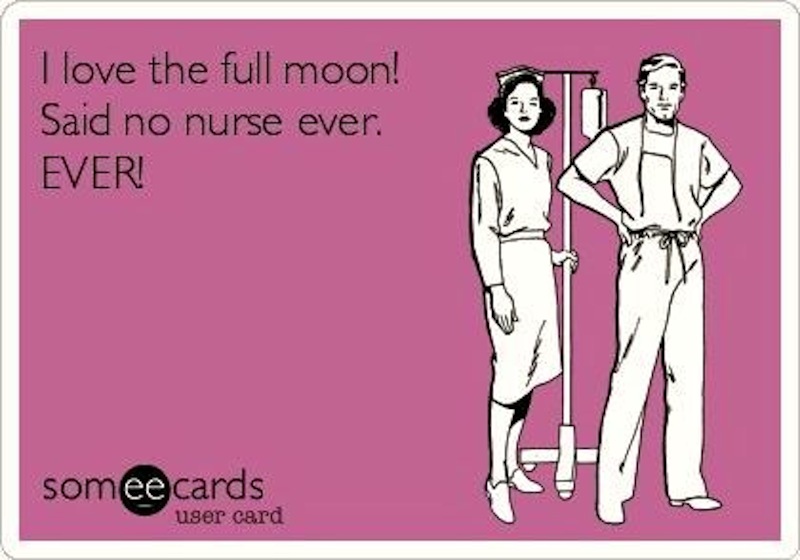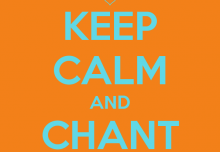FULL MOON MADNESS?
“It is the very error of the moon.
She comes more near the earth
than she was wont. And makes
men mad”
William Shakespeare
Does the full moon send you a little crazy? Well, last night, while the super full moon illuminated the black skies, I turned into a werewolf! Ok, that’s a slight exaggeration, but my head was pounding and I felt grouchy and very un-Zen like. Little things niggled me during the day – from the baby crying in the supermarket to the slow pedestrians crossing the road, stuff which usually don’t bother me. In fact, every 29 days, I’ve notice that I become slightly bonkers (yes, even more so than usual) and I blame it entirely on the full moon!
It’s not a coincidence that the word lunatic and loony both come from the Latin word for the moon, ‘luna’. Ancient cultures from China to Babylonia shared tales about spooky happenings while throughout the Middle Ages, legends about howling werewolves were commonplace, during the lunar cycle.
Even today, many are still convinced by the mystical power of the lunar cycle. Prison wardens and mental asylums are said to tighten security during the full moon while nurses report more ‘crazy’ hospital admissions, everything from anxiety attacks to suicide attempts.
Interestingly, studies have shown that animals also react to the full moon. Not surprisingly really, since they have a sixth sense and are often more in tune with nature than us humans. The Bradford Royal Infirmary in the north of England examined two years of medical records and found twice as many patients with animal bites were admitted during a full moon.
The Greek philosopher Aristotle suggested that the brain was the ‘moistest organ in the body and therefore most susceptible to the destructive influences of the moon. In his best seller, How the Moon Affects You, psychiatrist Arnold Lieber argued that the moon affects human behaviour since our bodies are made up of around 75 percent of water, and so just as the moon triggers a gravitational pull on the ocean’s tides, it also influences our subtle energy and our moods. For women, our human menstrual cycle is a good example of the way our bodies, over millions of years of evolution, have synchronized themselves to the rhythms of the moon.
Before the next full moon, I’m aiming to harness this crazy energy into something more positive. I’m thinking Zen meditation on the beach.
P.S. Despite the above, many scientists claim there just isn’t enough evidence to link a full moon to any unusual human behaviour. However, there are also so-called scientists who argue that human-induced environmental damage doesn’t have a negative impact on our planet either – enough said!





